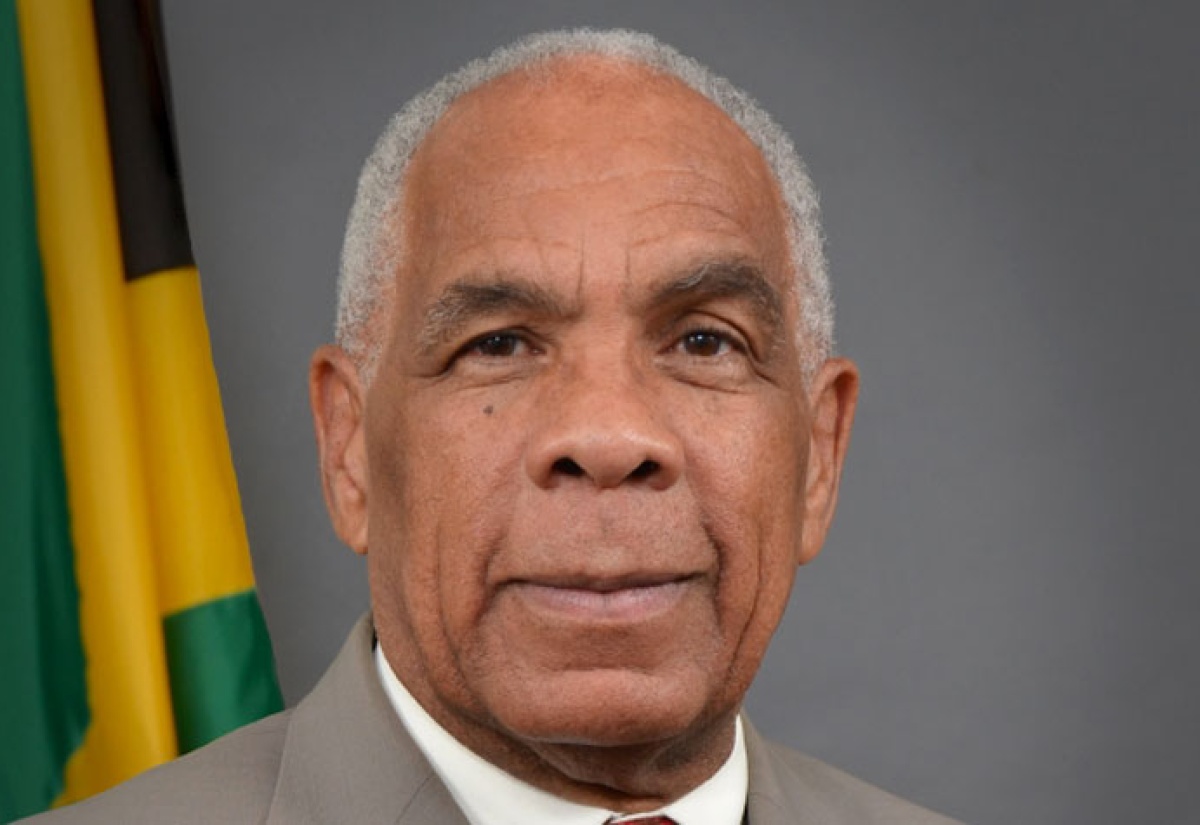Informal Settlement Issues Must Be Addressed – Housing Minister
By: , June 12, 2015The Key Point:
The Facts
- Acknowledging that “we can’t solve everything at once,” Dr. Davies said the new drainage guidelines should go a far way to ensure that more planned and structured developments are undertaken, in order to mitigate disasters.
- The Minister said that rather than paving designated areas, which could result in storm water flows entering the drainage systems, “which at times are inadequate,” the natural process of water penetrating the earth “should be utilised more.”
The Full Story
Transport, Works and Housing Minister, Dr. the Hon. Omar Davies, says the Administration recognises the urgent need to address challenges associated with informal settlements, to complement ongoing work to streamline the development approval process.
Speaking at Tuesday’s (June 9) launch of the new drainage infrastructure guidelines for buildings and subdivisions, at the Jamaica Pegasus Hotel, New Kingston, Dr. Davies said it would be remiss of the Administration not to recognise that significant challenges experienced with several developments, particularly disasters such as flooding, in several instances, result from issues associated with informal settlements, “which abide by no guidelines or regulations.”
Acknowledging that “we can’t solve everything at once,” Dr. Davies said the new drainage guidelines should go a far way to ensure that more planned and structured developments are undertaken, in order to mitigate disasters.
Meanwhile, he is proposing that developers of commercial properties and housing solutions give consideration to using less concrete to construct facilities, such as car parks, in order to reduce the possible impact of storm water flows on the infrastructure, such as drains.
The Minister said that rather than paving designated areas, which could result in storm water flows entering the drainage systems, “which at times are inadequate,” the natural process of water penetrating the earth “should be utilised more.”
“In this vein, the construction approach used should see more areas where the earth is exposed, rather than a solid pavement. This could make a difference in the quality of infrastructure that your clients or you enjoy,” Dr. Davies added.
The new guidelines stipulate the minimum basic storm water drainage infrastructure standards and requirements for commercial, housing and other developments.
These details must now be included in all development applications to local planning authorities, such as the National Works Agency (NWA), National Environment and Planning Agency (NEPA), Kingston and St. Andrew Corporation (KSAC) and Parish Councils for consideration and approval.
The guidelines are intended to ensure that adequate and effective preparations and provisions are made to avert possible flooding, consequent on extreme weather, resulting from climate change.
They are also expected to contribute significantly to reducing the development approval process timeline.
Development of the guidelines were undertaken by the Ministry of Transport, Works and Housing; the NWA; Office of Disaster Preparedness and Emergency Management (ODPEM); and the Water Resources Authority (WRA), in partnership with the Embassy of Japan in Jamaica, and the Japan International Cooperation Agency (JICA).


